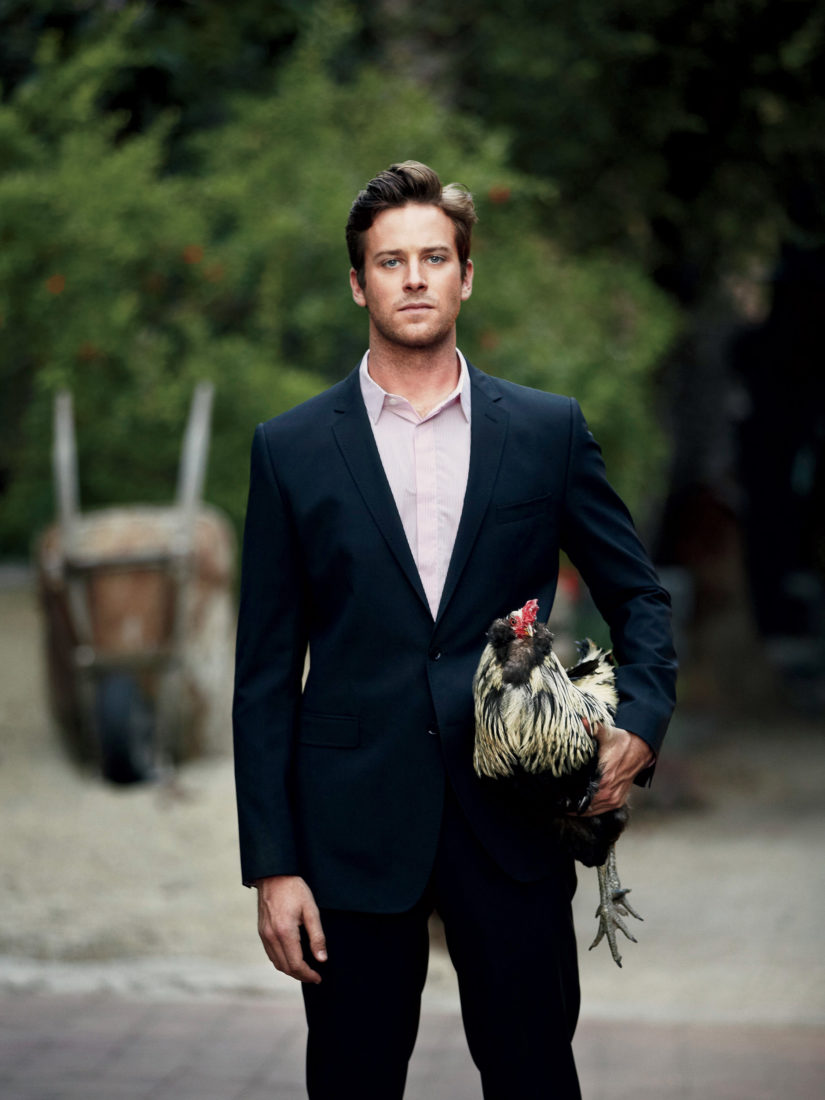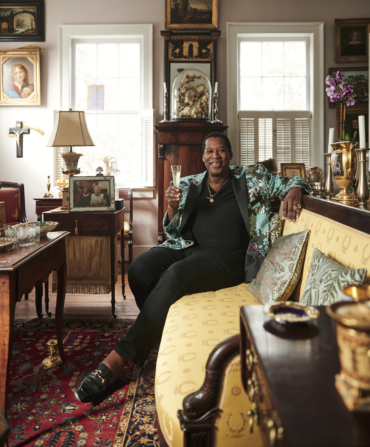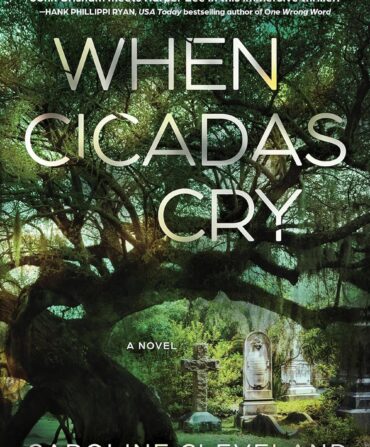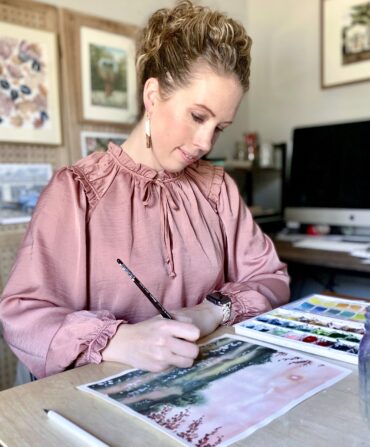Armie Hammer may be playing the most famous masked hero in the Old West in this summer’s blockbuster adaptation of Lone Ranger, but “cowboy” isn’t exactly the first thing you think when you see him. (Even though he knows his way around a ranch in real life.) The twenty-six-year-old actor is best known for his breakout performance as the Waspy, scene-stealing Winklevoss twins in The Social Network, and he’s the globe-trotting progeny of the late oil tycoon Armand Hammer. But if you ask him, he says it’s the South where he feels most himself.
So, you’re a Texas boy…
Yes! I lived in Dallas as a kid. And I live in Texas at least half of the year now. When I was young I remember spending holidays traveling to Grand Lake, Oklahoma. Playing in Turtle Creek in Dallas. Catching tadpoles. Going to swimming holes. We would go on these ranch trips on the weekends. Oh, and I did Indian Guides with my dad. Which is basically just like the Boy Scouts, except you don’t wear the uniform, you just run around dressed like a little Native scout. [Laughs.] I really hope no pictures have survived of that.
How did that Southern upbringing
shape you?
I loved the fun, outdoorsy lifestyle. And that is something that I have cherished my whole life—especially when I come in and out of Los Angeles, where it is all parking structures. Also, my mom’s family is very Southern. You’ve never met a more Southern gentleman in your whole life than my grandfather. Every morning he puts on the suit, shaves. He’s taught me so much about what it means to be a man.
You’ve lived all over the world. What brought you back to Texas?
It is just such a fun state, and [my wife, Elizabeth, and I] love San Antonio. It is so
full of culture, history. I shouldn’t say this, but even in Dallas, it felt a little like it was trying to be some social scene, which we have no interest in. In San Antonio you can walk down the street with folks whose families have lived here for generations. You can see the Alamo. Elizabeth’s dad has a ranch nearby. We have horses and we go riding. It just feels right.
So much so, you’re putting down roots. You and your wife recently opened the Bird Bakery there.
There’s a lot of food love in the family. And one day we were daydreaming, thinking about how much fun it would be if when we had kids, their first job would be sweeping the floors in the family bakery. We kind of looked at ourselves and decided, why not just do it? So we did. Nothing at the bakery comes from a mix. We make it all fresh every day, from local ingredients—pecan pie, cakes. A lot of the recipes are passed down from Elizabeth’s maternal grandmother. It is the coolest thing to have “regulars” in the community. My wife probably gives out five hundred hugs a day.
Do you think actors struggle with
playing Southern?
Plenty get it tragically wrong.
Do some get it right?
Yeah, some do…but most of the time they’re Southerners.
Any famous Southerners you’d
like to play?
The best stories I’ve ever read involve the original Texas Rangers. One in particular, this guy Bigfoot Wallace. He was six-foot-five, and he only rode a donkey because he didn’t like horses. After the Indian raids—this is a true story—all the women were griping they couldn’t get good coffee, so Bigfoot Wallace got so fed up, he dressed himself like a Mexican in a poncho and sombrero and rode from Texas into the heart of Mexico, which was incredibly dangerous, and came back with two giant bags of coffee beans. He threw them down in the town and said, “Enough complaining out of all of ya!”
There’s your next role right there.
Once you’re done with Hollywood, do you think you’ll make the South your
forever home?
There will always be certain elements to Southern living that I want to be around: the respect, the charm, the general effort put forth hosting friends and family. And I love the idea of settling down on a ranch someday. Having cattle. You know, it’s hot down here. Muggy. So we deal with it by sitting and rocking and telling stories. And that’s exactly how I want to end my life: sitting on the porch with my wife, dogs running around, grandkids playing in the grass. I can’t think of anything better.








